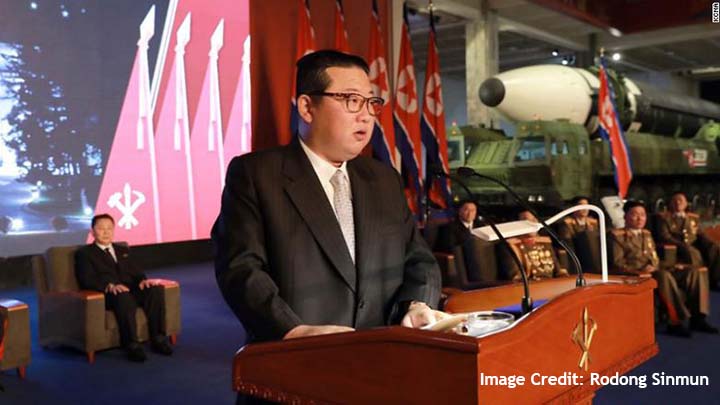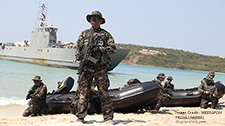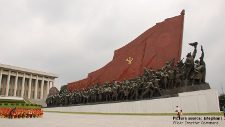North Korea’s Signaling on Nuclear Weapons and Negotiations

Sangsoo Lee and Riccardo Villa
Introduction:
The US-DPRK Summit in Hanoi in 2019 ended without a deal due to disagreements over the right mix of sanctions relief for the nuclear concession Kim Jong Un offered. After the US rejected the North’s request to lift a significant portion of the sanctions imposed since 2017, the Democratic People’s Republic of Korea’s (DPRK) Foreign Minister Ri Yong Ho explained, “…as we take steps toward denuclearization, the most important issue is security, but we thought it would be more burdensome for the US to take military-related measures, which is why we saw partial lifting of sanctions as corresponding action.” This rationale illuminates Pyongyang’s previous calculation: that partial sanctions relief for partial denuclearization would be an acceptable outcome.
Related Publications
-
Unraveling of a martial law attempt: South Korea’s democratic moment
South Korea, once known as the “Land of the Morning Calm” and the Hermit Kingdom, has a complex modern history marked by ideological tensions and political challenges. Since the establishment […]
-
Kamala Harris on North Korea: Change or Continuation?
Despite many efforts and different strategies, both previous and current U.S. administrations have been unsuccessful in preventing the Democratic People’s Republic of Korea (DPRK) from developing its nuclear and missile […]
-
Kamala Harris and North Korea: Between Continuity, Pragmatism, and Strategic Realignment
A possible future Harris administration is likely to continue the Biden administration’s approach to North Korea, focusing on sanctions and diplomatic pressure. This strategy may be shaped by broader geopolitical […]
-
‘Strategic Talks’ – A Report by Stockholm Korea Center
In June, the ISDP Korea Center launched “Strategic Talks,” an online series focusing on developments on the Korean Peninsula and regional and international security. The inaugural session on June 4, […]
-
Russia-DPRK Partnership: Implications for the West
This issue brief examines the evolving relationship between the DPRK and Russia, particularly since Russia’s invasion of Ukraine in 2022. The partnership has deepened, with North Korea supporting Russia diplomatically […]



